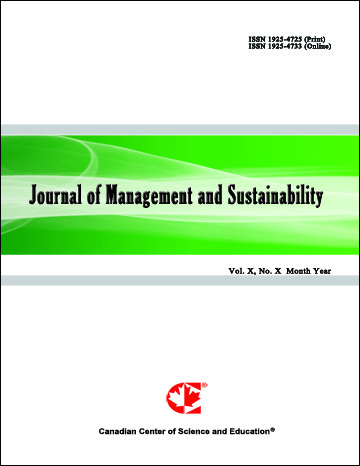Community Use Zone (CUZ) Model and Its Outcome in Malaysia Case Study from Crocker Range Park, Sabah
- Peter Voo
- Abrar Mohammed
- Makoto Inoue
Abstract
The Sabah Parks has been experimenting with a new approach to forest governance, namely Community Use Zone (CUZ), in order to safeguard the forests from ongoing degradation while simultaneously providing opportunities for the affected communities to improve their living conditions and livelihoods. Despite the ongoing discourse to expand this approach, there is limited systematic study to understand the changes in governance as well as linking it to forest and livelihood outcomes. By conducting structured and semi-structured questionnaire interview to CUZ and non-CUZ community members as well as Crocker Range Park staffs, this study clarifies the changes in involvement of local people in rule making and implementation of diverse forest management activities and governance decisions as well as forest and livelihood outcomes from CUZ. The result showed that local people participation in rule making and implementation is enhanced after implementation of CUZ. While the forest outcome remains mixed, the CUZ has brought positive impact to the livelihood of the participants. CUZ also has positive externality to neighboring community in terms of their attitude towards the program.
- Full Text:
 PDF
PDF
- DOI:10.5539/jms.v6n3p25
Journal Metrics
Google-based Impact Factor (2021): 1.54
h-index (July 2022): 37
i10-index (July 2022): 147
h5-index (2017-2021): 12
h5-median (2017-2021): 19
Index
- Academic Journals Database
- ANVUR (Italian National Agency for the Evaluation of Universities and Research Institutes)
- CAB Abstracts
- CNKI Scholar
- EconBiz
- Excellence in Research for Australia (ERA)
- GETIT@YALE (Yale University Library)
- Harvard Library
- HeinOnline
- Infotrieve
- JournalTOCs
- LOCKSS
- MIAR
- PKP Open Archives Harvester
- RePEc
- Scilit
- SHERPA/RoMEO
- Stanford Libraries
- UCR Library
Contact
- Evelyn XiaoEditorial Assistant
- jms@ccsenet.org
